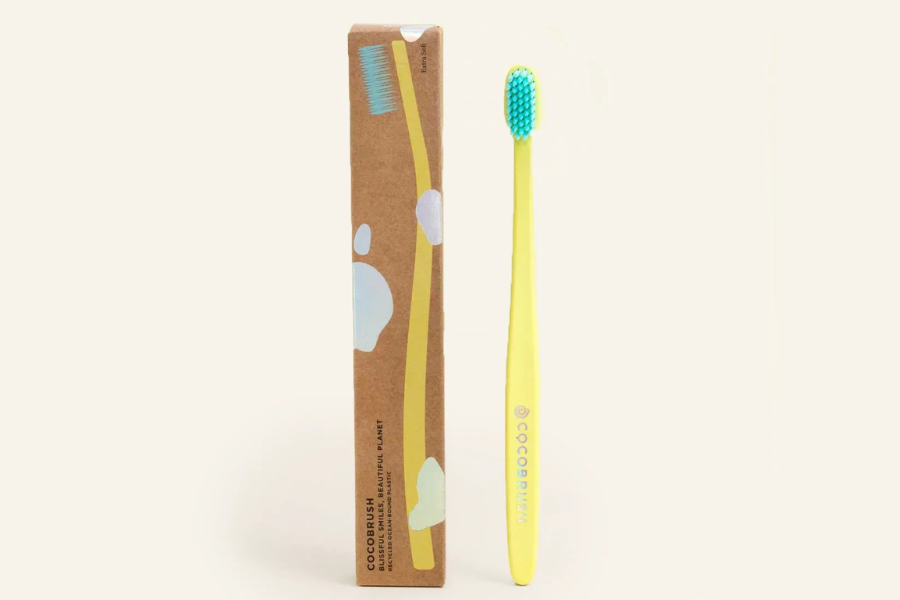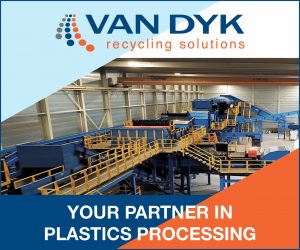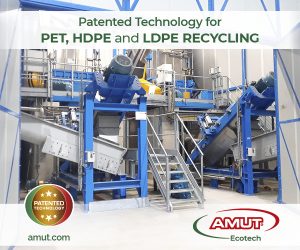
ALPLA Group, Nextek and a variety of other plastics companies are making moves to get more PCR in products and on the market. | Courtesy of Cocofloss
Companies are adding more PCR to toothbrushes, electric bikes and other products as the recycled plastics industry seeks to drive market demand and shore up supply chains.
Using more PCR in products
Oceanworks, which focuses on helping beauty brands source PCR, highlighted two companies it works with that are boosting PCR use. Cocofloss recently launched a line of toothbrushes that are made from 98% recycled ocean-bound plastic sourced from the Oceanworks supplier network.
Cocofloss is also using Oceanworks’ IMPAC+ program, which provides funding to manage plastics that have leaked into the environment, a concept similar to carbon offsets.
Electric bike manufacturer Electra is also partnering with Next Wave Plastics and Oceanworks to use recycled ocean plastic for a large range of its parts and accessories.
An initiative from the Welsh government and led by WRAP Cymru is aiming to create end markets by putting more PCR in products already on the market, “demonstrating the economic and environmental benefits of doing so.”
The project is a large-scale version of an earlier project that focused on hard-to-recycle materials such as chip bags and plastic food pouches that were turned into outdoor furniture. The initiative will focus on polymeric materials from cars, large domestic appliances, laminated plastic-coated paperboard and single-use cups and films.
Nextek will lead this project collaborators, which are processor Fiberight, auto plastics reclaimer MBA Polymers and composite decking manufacturer Ecodek.
“This initiative takes Nextek’s expertise in the compounding and recycling of paper-plastic composites to a whole new level,” a press release noted. “It draws from the most difficult elements of our waste stream to produce unique, durable, waterproof and strong recycled materials.”
Increasing available PCR
A partnership between PTT Global Chemical and ALPLA Group will result in food and beverage packaging made of 100% post-consumer PET under the InnoEco brand in Thailand.
Produced at the ENVICCO plant, the PCR pellets will meet international standards, a press release noted, and have been certified by Thailand’s Food and Drug Administration as food safe.
Günther Lehner, chairman of the ALPLA Group, said the certification is “another important milestone for our joint venture towards establishing a bottle-to-bottle cycle in Thailand and Southeast Asia.”
“It proves our many years of expertise in the treatment and processing of packaging made from post-consumer recycled resins and expands our fields of action in reducing carbon emissions and waste through optimized resource consumption,” he added.
ENVICCO can produce up to 30,000 tons of RPET and 15,000 tons of recycled HDPE annually. The press release noted that PTT Global Chemical is ready to distribute the InnoEco RPET to domestic and international manufacturers on an ongoing basis.
More stories about markets
- Bale pricing bucks seasonal trend, trade alliances shift
- Trex, Mohawk, Indorama report Q1 earnings
- Haulers share how weather, tariffs impacted Q1



